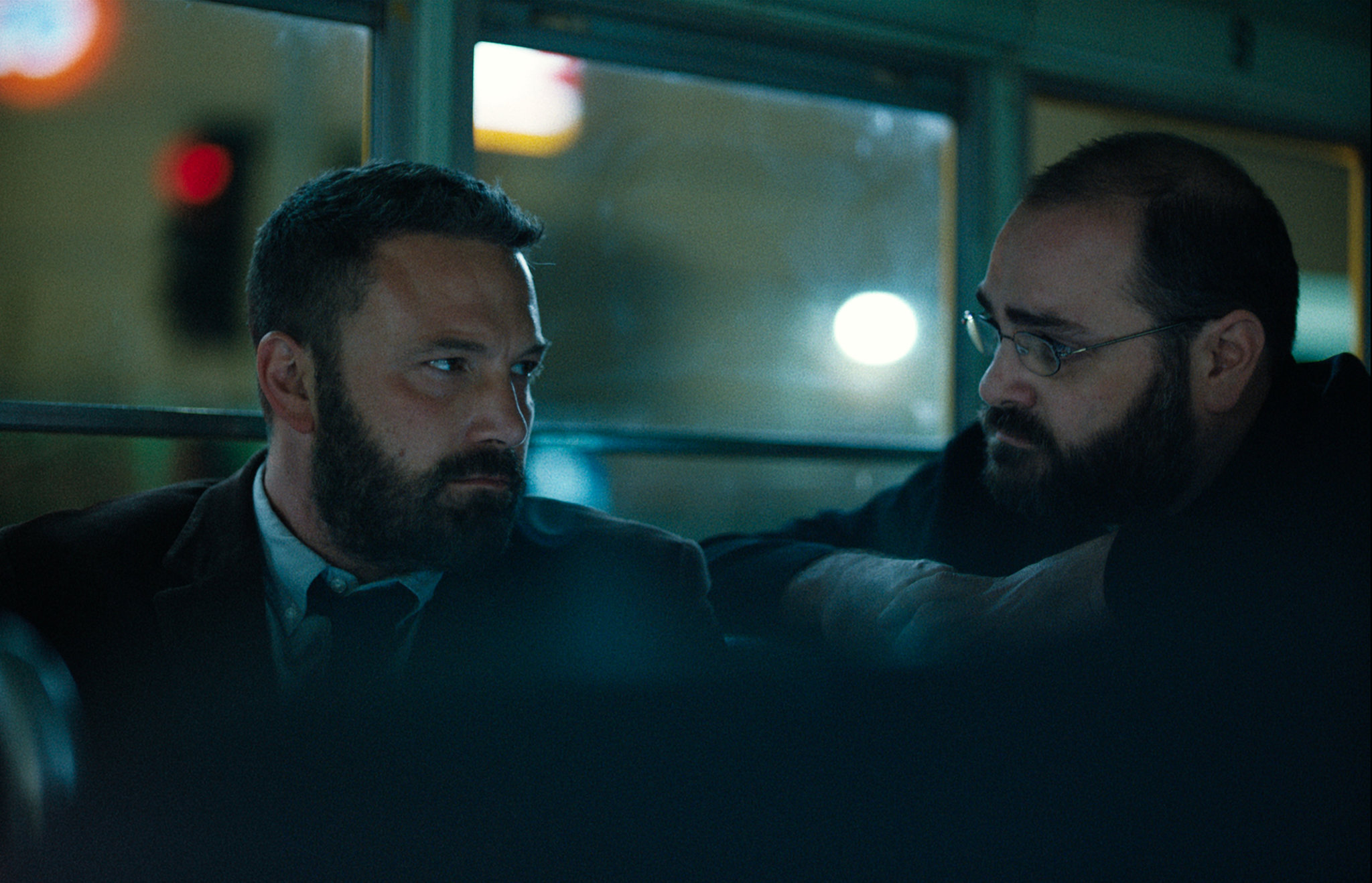
Much has been made of The Way Back’s story line of an alcoholic former basketball star turned high school coach attempting to overcome his demons and return to glory being a sort of catharsis for its star Ben Affleck. Reuniting with director Gavin O’Connor, the film would seemingly allow a film star who battled his own issues with alcohol abuse seems poised to use the film not only to come to terms with his own life, but use his experiences in combination with his talent to mount a forceful comeback to the big screen.
The Way Back is the story of former basketball star named Jack (Affleck) stuck in a struggle with alcohol addiction following the death of his young son to cancer. Listless and struggling, his high school alma mater comes calling for him to coach the basketball team he once starred on. As the leader of young men, Jack finds regains some purpose in life. But will it be enough to for him to overcome what haunts him?
When things are going well for Jack and his team, as he transforms the small and moderately skilled losing squad into a defensive powerhouse, The Way Back is a portrait of the importance of having a purpose in life. After the loss of his son, Jack had lost the will to live and the desire to experience joy or happiness. What use did either have if they could so suddenly be taken from a young boy who had yet to really experience life? But finding a reason to live, to prosper and look forward to tomorrow, helped Jack forge a path close to recovery. While this didn’t last, it did impart a powerful message about what fuels the human spirit and how the broken can heal.
O’Connor and co-screenwriter Brad Ingelsby establish an interesting dynamic between Jack and the star player on his team Brandon Durrett (Brandon Wilson). Like Jack, Brandon shows much potential on the hardwood as a player and similarly, Brandon has a difficult relationship with his father that leaves him yearning for his approval and acceptance with the sport of basketball serving as a both a potential bridge toward healing and a barrier keeping father and son apart. Through Brandon, we see both Jack’s ghost of hardship past, a father who’s neglect is driving a talented player closer to the game, but whose subsequent experiences as he verges on stardom could potentially send him spiraling. This mirror image plot thread provides an extra emotional tug to the film, albeit one that is slightly cliche.
Indeed, The Way Back in general feels like another typical entry in the inspirational sports drama subgenre, but the story crafted by Gavin O’Connor forces viewers to become invested just enough to prevent the film from becoming a complete waste. This is attributable to Ben Affleck’s performance that feels real in its depiction of a man fighting a losing battle against grief and disease who slowly comes out of it for a time due to a team of kids that are charming and easy to root for. The chemistry between the actors portraying coach and team and the depiction of their rise from worst to first in realistic basketball scenes pull you in fully. The film also doesn’t shy away from the reality of addiction and the ebbs and flows that prevent recovery from being anything but nice and neat. Showing the complete reality of addiction succeeds in making the film a complete exploration of the topic and provides that much more heft. Still, even with a decent performance from Affleck, The Way Back is barely a hair above a ho-hum sports film, struggling to leave any lasting impression.
Image: Warner Bros.

